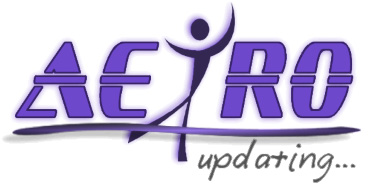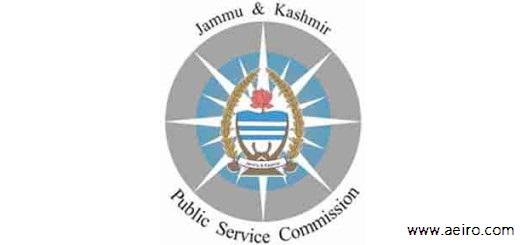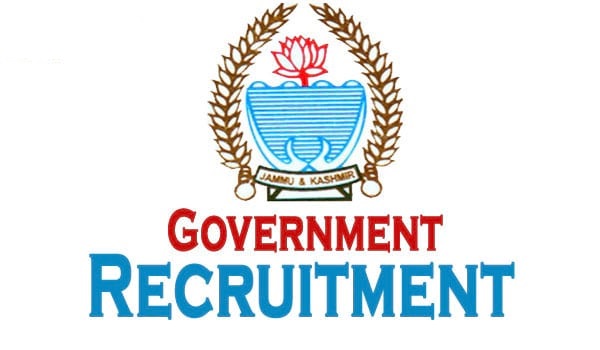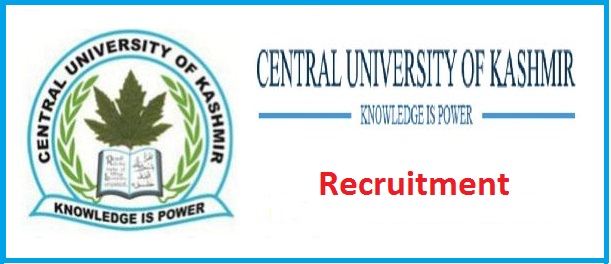J&K COMBINED COMPETITIVE EXAMINATION, 2016
- SRO-387 OF 2008 DATED: 01.12.2008
- SRO-190 OF 2016 DATED: 17.06.2016
- Scheme and Subjects for the Preliminary and Main Examination
- Download Syllabus for Preliminary Examination
- Download Syllabus for Main Examination
A. PRELIMINARYEXAMINATION.
The examination will consist of two papers.
Paper I – General Studies 150 marks
Paper II – One subject to be selected from the list of optional subjects indicated below. 300 marks.
Total 450 marks_
2. List of optional subjects:
Agriculture:
Animal Husbandry and Veterinary Science:
Botany:
Chemistry:
Civil Engineering:
Commerce:
Economics:
Electrical Engineering:
Geography:
Geology:
Indian History:
Law:
Mathematics:
Mechanical Engineering:
Philosophy:
Physics:Political Science:
Psychology:
Public Administration:
Sociology:
Statistics:
Zoology:
Note: (i) Both the question papers will be of objective type
(multiple choice question).
(ii) The question papers will be set in English.
(iii) The course content of the syllabi for the optional subjects will be of the degree level.
(iv) Each paper will be of two hours duration.
B. MAINEXAMINATION
The written examination shall consist of the following papers:-
Paper I – General English – 300 marks
Paper II – Essay in English – 150 marks
Paper III & IV – General Studies – 300 marks
Papers V, VI, VII&VIII – Any two subjects to be selected from the list of the optional subjects indicated below.
Note: – (i) Paper I on English will be of matriculation standard
and will be of qualifying nature only. The marks obtained in this
paper shall not count for ranking.
(ii) Interview test will carry 250 marks.
2. List of Optional Subjects:-
Agriculture:
Animal Husbandry and Veterinary Science:
Anthropology:
Botany:
Chemistry:
Civil Engineering:
Commerce and Accountancy:
Economics:
Electrical Engineering:
Geography:
Geology;
History:
Law;
Management;
Mathematics;
Mechanical Engineering;
Philosophy:
Physics;
Political Science & International Relations;
Psychology;
Public Administration:
Sociology;
Statistics;
Zoology.
Literature of one of the following languages:
Arabic, Dogri, English, Hindi, Kashmiri, Persian, Punjabi, Sanskrit,
Urdu.
Note:- (i) For the language papers, the scripts to be used by the candidates will be as under :-
Language Script
Dogri Devanagari
Hindi Devanagari
Kashmiri Persian
Punjabi Gurmukhi
Urdu Persian
(ii) Candidates will not be allowed to offer the following combination of the subjects:-
(a) Political Science & International Relations and Public Administration.
(b) Commerce and Accountancy and Management.
(c ) Anthropology and Sociology
(d) Mathematics and Statistics.
(e) Agriculture and Animal Husbandry and Veterinary Science.
(f) Management and Public Administration.
(g) Philosophy and Psychology.
(h) of the Engineering subject viz. Civil Engineering. Electrical Engineering and Mechanical.
Engineering not more than one subject.
(iii) The question papers for the examination will be of descriptive type.
(iv) Each paper will be of three hours duration.
(v) The question papers other than language papers will be set in English.
(vi) The details of the syllabi are set out in Appendix II to these rules.
GENERAL.
(i) Candidates must write the papers in their own hand. In no Circumstances, they will be allowed the help of a scribe to write the answers for them.
(ii) The Commission have discretion to fix qualifying marks in any or all the subjects of the examination.
(iii) If a candidate’s handwriting is not easily legible, a deduction will be made on this account from the total marks otherwise accruing to him.
(iv) Marks will not be allotted for mere superficial knowledge.
(v) Credit will be given for orderly, effective and exact expression combined with due economy of words in all subjects of the examination.





